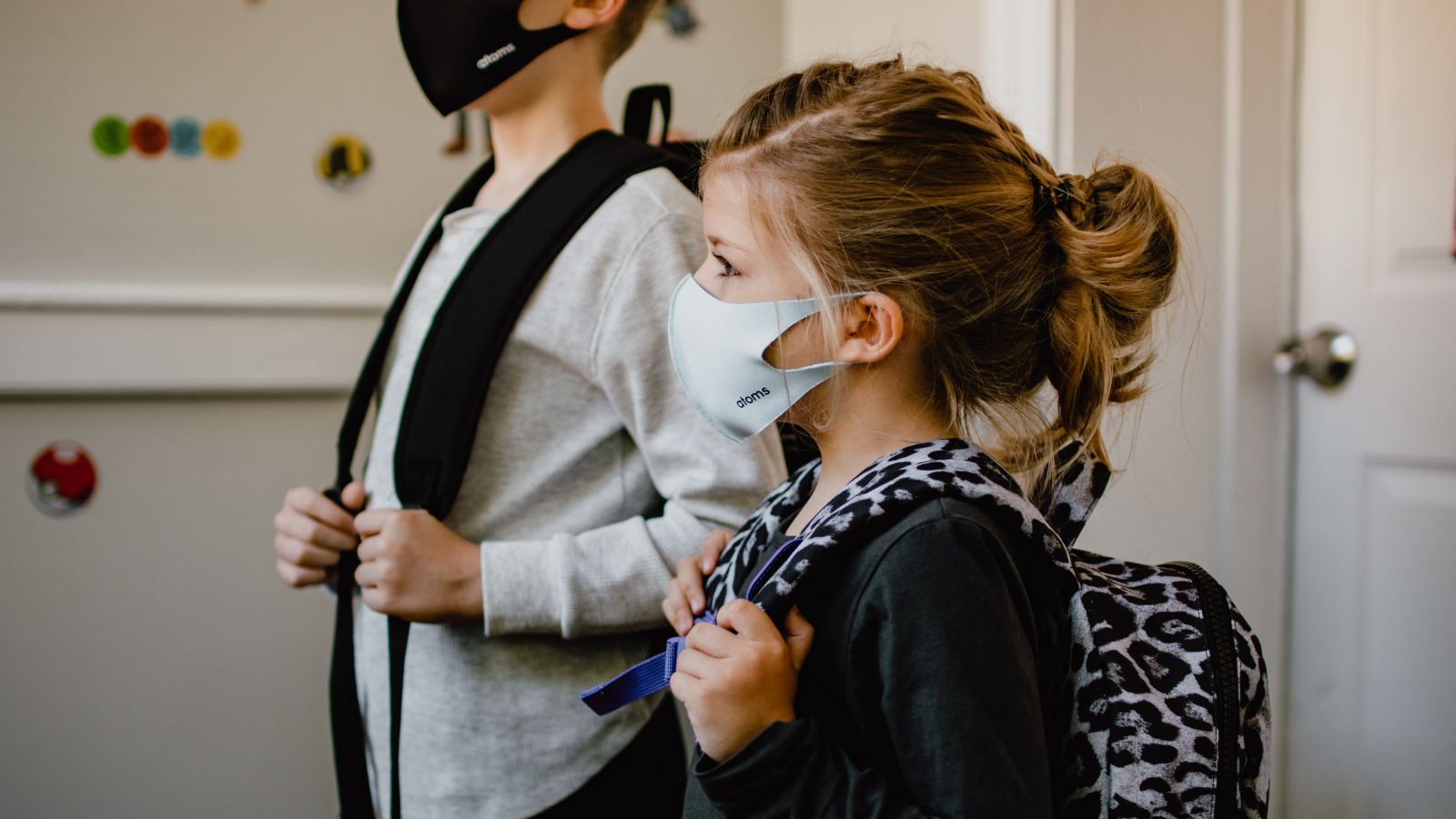Although Pennsylvania no longer has a statewide school mask mandate, some schools have chosen to implement one, particularly during the omicron surge. | Unsplash/Kelly Sikkema
Although Pennsylvania no longer has a statewide school mask mandate, some schools have chosen to implement one, particularly during the omicron surge. | Unsplash/Kelly Sikkema
A recent national survey measured Americans' opinions and concerns relating to schools' handling of the COVID-19 pandemic and the current political environment stemming from it.
In December, the Pennsylvania Supreme Court ended the statewide school mask requirement. According to the Pittsburgh Post-Gazette, this decision was made on the grounds that the state’s health department had implemented the mask mandate using improper procedures. However, school districts across the state are seeing a rise in cases and have since implemented their own mask rules.
Some schools have opted to keep the mask mandates in place, while others, including North Allegheny School District, have decided to make mask wearing optional, prompting parents of at-risk children to sue the district. The parents allege that the policy violates the Americans with Disabilities Act (ADA), and the lawsuit demands that the board reverse its vote.
"In doing so, the school board has put the parents of medically vulnerable students in the position of having to decide whether to keep their children at home where they will likely suffer continued learning loss or risk placing them in an environment that presents a serious risk to their health and safety," the complaint says, according to Pittsburgh Post-Gazette. "This brutal choice forces children into a situation that violates [the ADA]."
Isolation and quarantine requirements are still in accordance with Centers for Disease Control and Prevention (CDC) guidelines.
Hart Research Associates recently teamed up with NBC News to conduct a national survey gauging opinion trends on the American political environment and COVID-19 concerns. The survey was conducted Jan. 14 to 18 and polled 1,000 adults, 790 of which were registered voters.
The survey results reveal Americans are divided in their behavior. According to their findings, 37% of people are very focused on COVID-19 and 31% are moderately focused. Alternatively, 10% of people reported they are not focused on the pandemic, while 22% reported to have a low focus on the spread of the virus.
When asked where their priorities lie regarding restrictions in schools, 65% of Americans said they are more concerned about children falling behind in school, while 30% are more concerned about the spread of COVID-19.
The CDC continues to strongly encourage indoor masking in K-12 school settings for all students, staff and visitors, “regardless of vaccination status.”
Apart from vaccination being the leading prevention strategy, the CDC says universal masking remains the second-most-effective mode of protection against COVID-19 transmission, the first being vaccination.
With low vaccination rates among students and staff in some schools, public health officials are working to implement regular testing in addition to physical distancing and masking.



 Alerts Sign-up
Alerts Sign-up